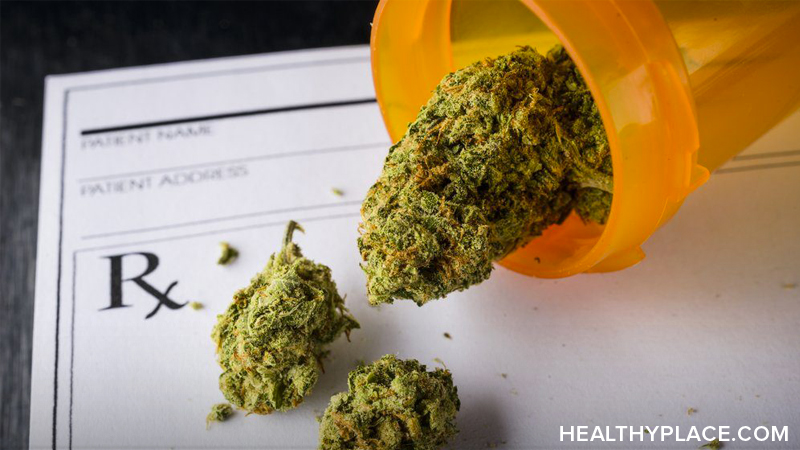Marijuana and PTSD: Is It Helpful or Hurtful?

Marijuana for posttraumatic stress disorder (PTSD) treatment is a topic on many peoples’ minds as some people are already using marijuana to treat the symptoms of PTSD. In some states, medical marijuana has been approved to treat illnesses like epilepsy, cancer, multiple sclerosis, and, indeed, even PTSD in some cases. But the question is, is this legalization of medical marijuana for the treatment of PTSD actually based on clear science? Is marijuana for PTSD actually helpful or hurtful to the patient?
Marijuana for PTSD – The Science
According to the United States Department of Veteran’s Affairs (VA), there is no evidence to support the treatment of PTSD with marijuana. They note that no controlled studies have been done evaluating its efficacy and, thus, no science stands behind this use. Moreover, some research even suggests that marijuana may be harmful for those with PTSD.
According to Wilkinson et al, authors of the 2015 study Marijuana Use Is Associated with Worse Outcomes in Symptom Severity and violent behavior in Patients with posttraumatic stress disorder:
In this observational study, initiating marijuana use after treatment was associated with worse PTSD symptoms, more violent behavior, and alcohol use. Marijuana may actually worsen PTSD symptoms or nullify the benefits of specialized, intensive treatment. Cessation or prevention of use may be an important goal of treatment.
This study looked at 2,276 veterans with PTSD and assessed them at intake and at four months after discharge. It was found that marijuana use was significantly associated with worse outcomes in PTSD symptom severity, violent behavior and measures of alcohol and drug use. At follow-up, those who had never used marijuana or those that had stopped using marijuana had the lowest levels of PTSD symptoms. Those who started using marijuana after admission had the highest levels of violent behavior.
Other Dangers of Marijuana for PTSD
In addition to specific PTSD and marijuana-related findings, there are dangers that everyone faces if they choose to use marijuana. These dangers are, medical, psychiatric and lifestyle-based in nature.
The medical problems associated with marijuana use include:
- Chronic bronchitis
- Abnormal brain development among early adolescent initiators
- Impairment in short-term memory, motor coordination and the ability to perform complex psychomotor tasks such as driving
Psychiatric problems include the presence of psychosis (hallucinations and/or delusions) and impairment in cognitive ability.
It is noted that quality of life can also be affected by using marijuana through poor life satisfaction, decreased educational attainment and increased sexual risk-taking behavior.
PTSD and Marijuana Addiction
Of course, chronic marijuana use can also lead to marijuana addiction which comes with a significant and recognized withdrawal syndrome ("Is Marijuana Addictive? Can You Develop a Weed Addiction?"). Additionally, it appears that people with PTSD have a particularly difficult time stopping their use of marijuana and responding to treatment for marijuana addiction. People with PTSD have greater cravings and withdrawal after quitting marijuana than those without PTSD. They also have an increased likelihood of usage during the six months after a quit attempt.
That said, people with PTSD and a marijuana addiction can still benefit from evidence-based cessation treatments like cognitive behavioral therapy, motivational enhancement and contingency management.
While the science seems to suggest that, for those with PTSD, never starting to use marijuana is best, it is also clear that quitting is possible and that doing so can improve PTSD treatment outcomes. More positive ways of dealing with PTSD exist that don't include the dangers of smoking marijuana.
APA Reference
Tracy, N.
(2021, December 26). Marijuana and PTSD: Is It Helpful or Hurtful?, HealthyPlace. Retrieved
on 2025, April 15 from https://www.healthyplace.com/ptsd-and-stress-disorders/ptsd/marijuana-and-ptsd-is-it-helpful-or-hurtful



